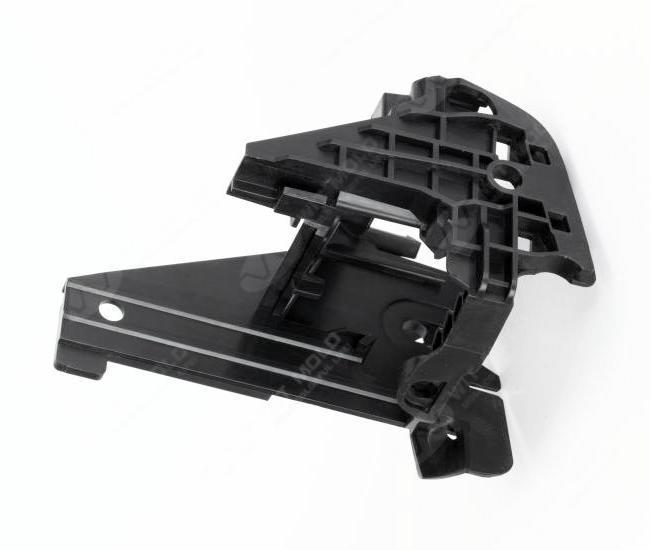Looking for a material that balances strength, insulation, and precision in your molded components? Polybutylene Terephthalate (PBT) is the preferred choice across industries for its excellent thermal stability, dimensional accuracy, and electrical insulation properties. Whether you're manufacturing automotive connectors, electrical components, or consumer device housings, PBT delivers dependable performance under demanding conditions.
Why choose PBT injection molded parts? Because they help reduce failures, optimize production cycles, and meet stringent regulatory standards — all while keeping costs competitive.
PBT molded parts are widely used in automotive engine compartments, including sensor housings, ignition system components, and fuse boxes. The material’s heat resistance and low moisture absorption make it ideal for parts exposed to fuel, oils, and high temperatures.
With superior dielectric properties, PBT is a go-to material for switches, circuit breakers, connectors, and LED housings. It ensures long-term stability even under fluctuating humidity and voltage stress, helping reduce equipment failure.
PBT is often used in gears, bearings, and mechanical brackets within automation systems. Its dimensional stability ensures consistent fit and function, reducing maintenance and downtime.
Thanks to its excellent surface finish and impact strength, PBT is used for electric toothbrushes, hair dryers, laptop casings, and kitchen appliance parts. It combines design flexibility with the durability needed for daily use.

Facing material degradation in high-temperature or chemical-rich environments?
PBT's chemical resistance and heat tolerance up to 150°C make it a robust choice for under-the-hood components and chemical processing equipment.
Dealing with part warping and tolerance issues during molding?
PBT’s fast crystallization and low shrinkage provide consistent dimensions, reducing part rejection rates and secondary processing costs.
Need reliable insulation in compact, high-voltage assemblies?
PBT ensures strong dielectric performance in compact spaces, reducing risk of short circuits and improving product safety.
Global OEMs and Tier 1 suppliers consistently rely on PBT for mission-critical components. Here’s what users are saying:
“Using PBT for our headlight connectors significantly reduced failure rates during thermal shock tests.”
— Senior Engineer, Automotive Supplier
“PBT’s molding stability allowed us to speed up production by 20 percent without losing precision.”
— Production Manager, Electrical Equipment Manufacturer
Our materials are backed by partnerships with top resin producers like DuPont, SABIC, and BASF, and certified to UL 94 V-0, ISO 9001, and RoHS compliance standards.
We offer custom quotes based on volume, performance requirements, and regional availability. Whether you're in early-stage development or full-scale production, our pricing is transparent and tailored to your goals.
Free trials for prototype validation
Bulk order discounts for OEMs
Technical support on molding parameters
Short lead times from global warehouses
Request Your PBT Material Sample and Price List Today
Where is PBT plastic used in manufacturing?
What are common applications of PBT injection molded parts?
Is PBT suitable for high-temperature automotive use?
Can PBT replace nylon or PC in electrical connectors?
What industries benefit most from PBT molded components?
Conclusion: Whether you’re building durable automotive electronics, safe consumer appliances, or precision industrial parts, PBT injection molded components deliver performance, efficiency, and long-term reliability. Let us help you find the right grade for your application.
Previous: Choosing the Right Industrial Chocolate Mold for Mass Production
Next: CNC Turning Part Manufacturing: 5 Key Tips for Success
Comments
Please Join Us to post.
0